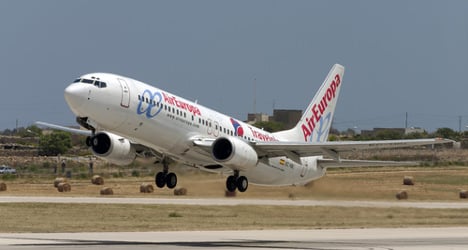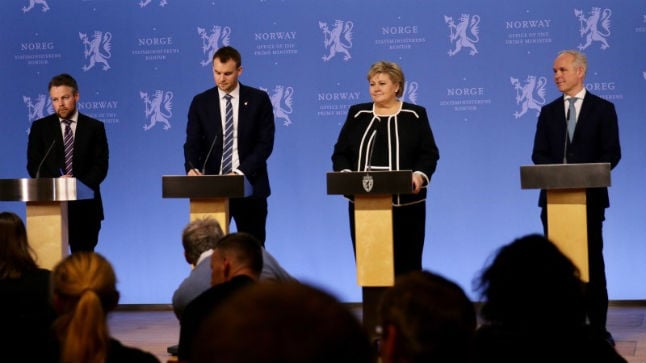The order — in the largest ever Boeing widebody order from a Spanish carrier —was booked in December and has already been tallied in Boeing's orders, Air Europa said in a statement.
"The first Dreamliners will start to arrive in 2016, this will allow us to grow both the number of flights and destinations we will operate to by around 50 percent," Juan José Hidalgo, the president of Air Europa parent company Globalia, said in the statement.
Air Europa's fleet of 45 planes also includes Airbus and Embraer jets, but the airline now has a combined total of 22 Boeing 787-8s and Boeing 787-9s on order.
"This order speaks to the economic performance of the 787," said Ricardo Cavero, Boeing deputy vice-president who is responsible for European sales.
The 787 Dreamliner can carry between 210 and 330 passengers and it offers features such as large windows, a smoother ride and greater fuel efficiency.
But production costs on the high-tech aircraft have not dropped as quickly as expected and Boeing has struggled with technical problems with the model which was launched in 2011, three years behind schedule.
Regulators around the world grounded Boeing's Dreamliner fleet during several months in 2013 while battery-related problems with the model were investigated.
Air Europa, based in Palma in the Balearic Islands, is one of Spain's largest airlines. It flies to over 40 destinations across Europe and the Americas.



 Please whitelist us to continue reading.
Please whitelist us to continue reading.
Member comments